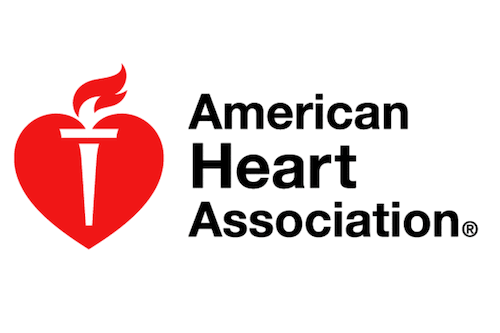Overview
The Clinton Health Access Initiative, Inc. (CHAI) is a global health organization committed to saving lives and reducing the burden of disease in low-and middle-income countries, while strengthening the capabilities of governments and the private sector in those countries to create and sustain high-quality health systems that can succeed without our assistance. For more information, please visit: http://www.clintonhealthaccess.org
CHAI’s global malaria program provides direct technical and operational support to countries around the globe to strengthen their malaria programs and reduce the burden of this preventable, treatable disease. We support governments to scale up effective interventions for prevention, diagnosis, treatment, and surveillance, with the goals of sustainably reducing the number of malaria-related illnesses and deaths worldwide in the short-term and accelerating progress towards malaria elimination in the long term.
In parts of West Africa, CHAI provides technical and managerial assistance to national malaria programs in order to accelerate policy changes, ensure sufficient supply commodities, generate demand among health providers and patients and ensure adequate monitoring and troubleshooting mechanisms are in place to track progress. In addition, CHAI is also supporting national malaria programs to identify the bottlenecks and potential solutions in surveillance systems, specifically to improve the collection, reporting, analysis and use of data for programmatic decision-making. Benin and Burkina Faso are the newest additions to CHAI’s portfolio in the region, where initial efforts will be focused on conducting country-specific surveillance landscaping assessments. Similar assessments are expected to be conducted in two additional countries and therefore a total of four countries across Sub-Saharan Africa.
Overview of Role:
CHAI is seeking a highly motivated individual with strong public health experience and analytical skills to support the expanded surveillance and analytics scope of work across West Africa, with an initial focus on Benin and Burkina Faso. The project will initially focus on the design and implementation of a landscaping assessment to identify of critical technical, operational and financial bottlenecks in surveillance (data collection, reporting, analysis and feedback) at all levels of the health system (health facility up to national) in 2-4 countries in Sub-Saharan Africa, and provide prioritized recommendations to address these gaps. Specific activities will include: desktop review of relevant policy, scientific and grey literature, qualitative assessments of surveillance system performance through interviews with key stakeholders at national and local level, as well as other relevant partners, designing and implementing health facility survey to quantify the performance of surveillance system, and epidemiological analysis of malaria surveillance, case management, entomological and intervention data and key malaria indicators.
The individual will report to the Technical advisor for East, Central, West Africa and work with team members across CHAI’s Global, Regional and Country Malaria Teams and will therefore need to possess strong communication and organizational skills. It is expected that the Research Associate will need to collaborate with government programs, academics and public health agencies to ensure CHAI’s work is complementary and not duplicative other ongoing efforts. CHAI places great value on relevant personal qualities including resourcefulness, tenacity, independence, patience, humility, and strong work ethic.
This position will be ideally based in Abuja, Nigeria; or other countries within West Africa based on country leadership approvals.
Responsibilities
Implement analytical projects related to malaria epidemiology, intervention and surveillance, as required;
Design and facilitate surveillance assessments and related projects: identifying knowledge gaps, defining research questions, protocol development, survey and sampling design, seeking IRB, formulating training material, training and monitoring survey data collectors, data management, analysis, and dissemination;
Organize and merge available data, assessing its quality and suitability for analysis, data management and conduct statistical analyses;
Appropriately and concisely visualize data in the form of charts and maps;
Provide technical supervision, training and ad-hoc programmatic support to staff members involved in epidemiological activities such monitoring and evaluation of existing activities, study implementation and all data cleaning, management and analysis tasks;
Develop and maintain strong working relationships with key stakeholders across government, non-governmental organizations, and academic institutions, with support from program managers;
Synthesize results, translate them to national and sub-national government partners to support evidence-based decision making, and disseminate findings through high-quality presentations, reports, and publications internally and externally at international venues;
Any other tasks identified.
For more information and to apply, click HERE.







Recent Comments